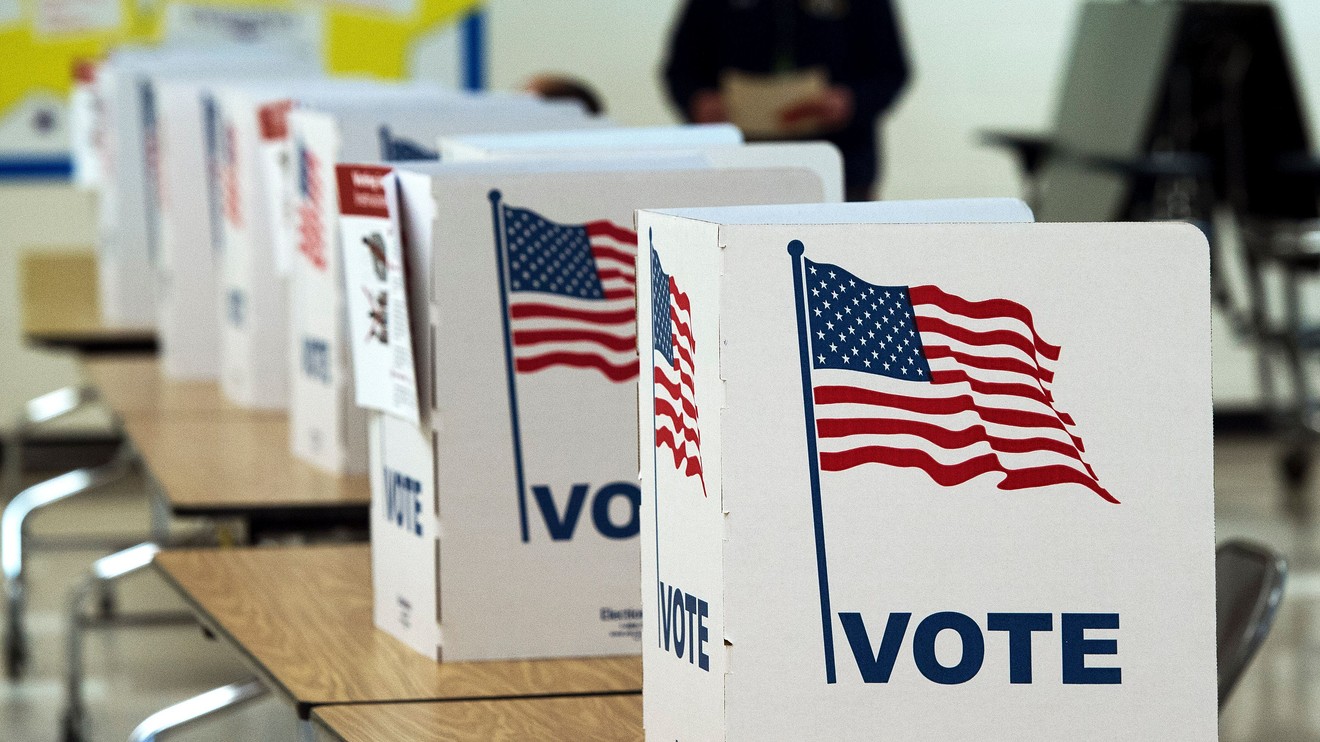The U.S. Supreme Court rejected a Republican effort on Friday to block the counting of provisional ballots from voters in Pennsylvania who made mistakes on their mail-in ballots. This decision could impact thousands of votes in the upcoming presidential election.
The justices denied an emergency request from the Republican National Committee and the Republican Party of Pennsylvania, which aimed to pause a Pennsylvania Supreme Court ruling favoring two Butler County voters. These voters sought to have their provisional ballots counted after their mail-in ballots were rejected for lacking secrecy envelopes during the state’s primary election.
Pennsylvania stands as one of several battleground states likely to influence the outcome of the presidential race between former President Donald Trump and Democratic Vice President Kamala Harris. As is customary in emergency matters, the Supreme Court issued its decision without providing an explanation.
Provisional ballots serve to protect voters from exclusion if their eligibility remains uncertain on Election Day; officials count these votes once they confirm eligibility. Following the Supreme Court’s action, Harris campaign spokesperson Michael Tyler and Democratic National Committee spokesperson Rosemary Boeglin released a joint statement asserting, “In Pennsylvania and across the country, Trump and his allies are trying to make it harder for your vote to count, but our institutions are stronger than his shameful attacks. (Friday’s) decision confirms that, for every eligible voter, the right to vote means the right to have your vote counted.”
Experts suggest that the Pennsylvania court’s ruling could affect thousands of ballots. It allows individuals who find that their mail-in ballots were rejected for missing a signature, date, or secrecy envelope to cast a provisional ballot on Election Day, which will be counted.
Ben Geffen, a lawyer with the Philadelphia-based Public Interest Law Center, hailed the decision as a victory for democracy. He emphasized that it ensures “all qualified voters deserve a chance to vote, even if they have made a technical error on their mail ballot. This is a step toward a more inclusive election process that respects the rights of all Pennsylvanians.”
Republicans argued that “tens of thousands of votes” could be at stake and should not be counted in a state critical to control of the U.S. Senate and the 2024 presidential election. They contended that if mail-in ballots are received on time but defective, those voters should not have the opportunity for a “redo via provisional ballot,” claiming that Pennsylvania’s top court overstepped its authority by changing rules too close to the election.
While most of Pennsylvania’s 67 counties already counted provisional ballots from voters with rejected mail-in ballots, the situation in Butler County remains contested.
Although the Supreme Court’s Friday action did not include any noted dissents, conservative Justices Samuel Alito, Clarence Thomas, and Neil Gorsuch acknowledged that the Republicans’ request raised a “matter of considerable importance.” However, they stated that they could not provide relief because the case involved only a dispute in one county, and blocking the state court’s decision “would not impose any binding obligation on any of the Pennsylvania officials responsible for this year’s election.”
Initially, the case began with two voters challenging a single county’s refusal to count their provisional ballots. Republicans intervened to support the county’s decision, while Democrats sided with the voters, arguing that if a defective mail-in ballot cannot be counted, that person has not yet voted, and thus their provisional ballot should count. The divided Pennsylvania Supreme Court agreed, stating that provisional ballots serve the “dual purpose” of preventing double voting while ensuring that each voter’s right to have one vote counted is protected.
The state court emphasized that the constitution’s voting protections do not permit the “disenfranchisement of voters as punishment for failure to conform to mail-in voting requirements when voters properly availed themselves of the provisional voting mechanism.”
Republicans requested the U.S. Supreme Court to apply its 2023 ruling that allows justices to review state court decisions to prevent them from assuming powers designated for state legislatures to regulate federal elections.
In a separate election-related case, the court on Wednesday reinstated Virginia’s decision to purge approximately 1,600 individuals from its voter rolls, as state officials determined they were not U.S. citizens. However, Biden’s administration and voting rights advocates argued that some actual citizens were mistakenly removed. The court did not disclose its reasoning, and the three liberal justices dissented.

